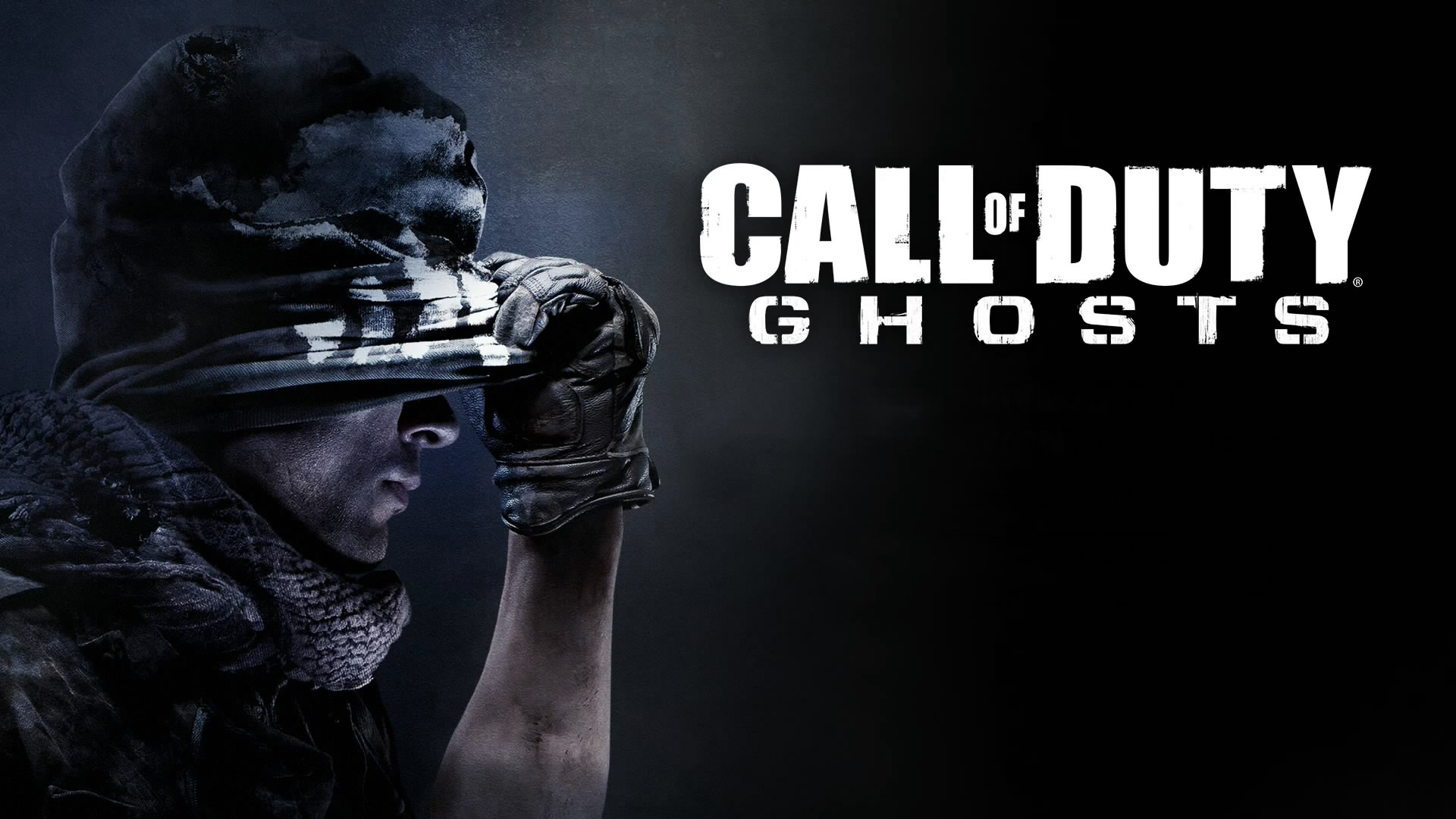Distress consumes your conscious; a fine line faded between the flurry of misfortunes. Perseverance, the trait that determines life and death, casually drifts to the back corridors of your mind because you’ve come too far. Too far to submit to animosity and anguish, but still the journey isn’t enough. Similar to how the complexity of stories in video games has come too far to be jeopardized as more captivating creativity is waiting to be revealed in untold stories. Player interaction fortifies a structure founded through intricate story development, but as the focus shifts toward multiplayer modes, the classic campaign seems like yesterday’s pastime.
The first franchise that jumps out as straying away from the importance of storytelling is Call of Duty. Titles that revolve around humanities lowest times puts up a lackluster representation of the tragic events that have occurred in the past. Capitalizing on presenting the importance of these wars and why they came to be is lost within the depths of the multiplayer. Deviating from historical storylines to fictional wars should act more as a breath of fresh air for Call of Duty, instead of tapping different fads that only limit the potential magnitude the franchise is capable of achieving.
It wouldn’t be fair to Call of Duty if we didn’t acknowledge similar faults in its rival, Battlefield. Straight from the start screen of Battlefield 4, you can tell the story was put on the backburner as multiplayer is prioritized at the top, instead of campaign. Shifting the reign to multiplayer from campaign on the main menu is a bold indication that during development more attention was reserved for online capabilities, rather than the story behind it all. Sometimes the smallest things say it all.
During the next-gen epidemic, Titanfall gift-wrapped the industry’s buzz with the high adrenaline combat at the forefront as fluid images projected the experience. Like any good buzz, it was killed after people had the chance to get their hands on it for an extended amount of time. The magic of Titanfall’s multiplayer wears off after you binge play for a few days, and isn’t restored in the multiplayer campaign; a campaign that only distinguishes itself from the casual matches by having loadouts with little worth, rather than none. For the amount of potential dwelling in Titanfall’s fantasy, little to none was exploited to produce the addicting qualities.
Microsoft had the liberty in having another title base its montra around online capabilities: Plants vs. Zombies: Garden Warfare. An outlandish return for PvZ as they drift away from the puzzle platformer and graduate to third-person shooter. But Crazy Dave only seems concerned with countless battles against the zombies, instead of devising an actual plan of attack. Not even a sliver of a story was granted in this game. Sure, playing as the zombies was a fun attraction, but I’d rather be able to choose my ranks as being a part of the plants or zombie brigade and completing missions to ensure victory.
As we set our sights ahead, Evolve intends on capturing the same charisma found in the other multiplayer games listed. Although, Evolve wields the chance to properly integrate the strictly multiplayer games with a structurally sound storyline. Coming from the creators of Left 4 Dead, Evolve has elements that could form an engaging story, even if you are required to play online to experience it.[youtube id=”zlaPT08Tmxc?” width=”600″ height=”350″]
You can always have too much of a good thing, and these titles that have tunnel vision in regards to multiplayer have given gamers just that. If Evolve doesn’t rise to the occasion to progress this short-term gameplay to the magnitude of potential this genre is capable of, then it’s unlikely developers will ever grow out of this phase of ignoring the importance of story. Somewhere in between, there has to be common ground for multiplayer and storylines to mesh, just a question of will developers find it in time to carry the genre to new boundaries?






